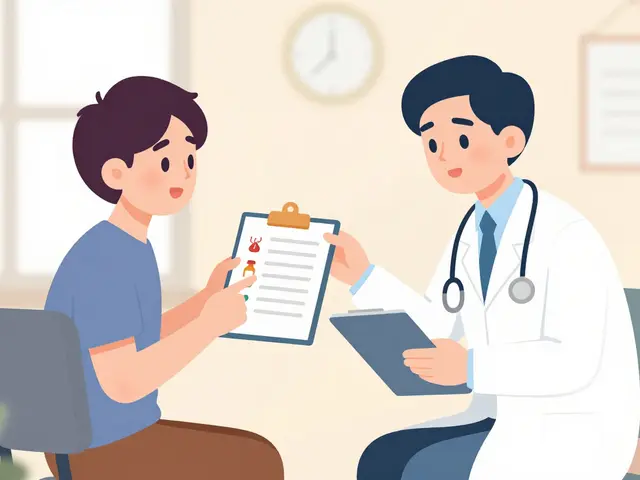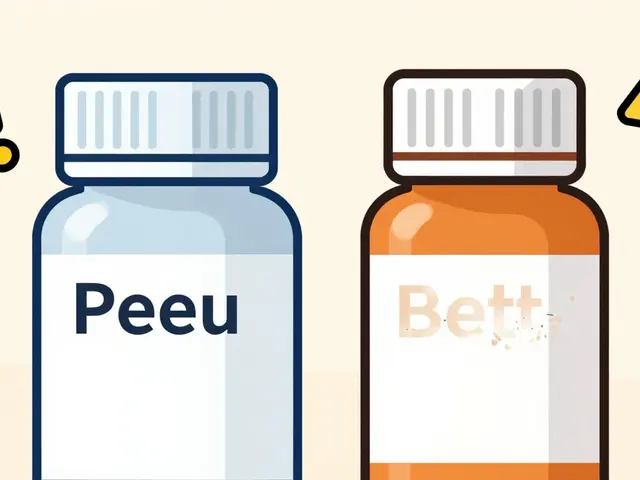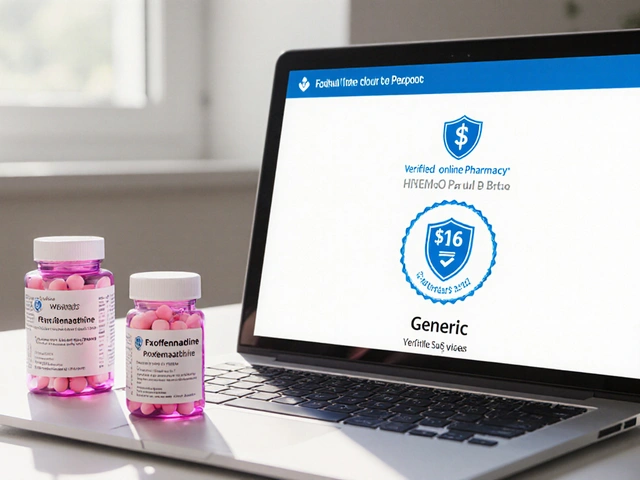Male fertility: quick, practical steps to check and improve sperm health
About 1 in 6 couples struggles to get pregnant, and male fertility issues are involved in roughly half of those cases. If you’re worried about sperm quality or just want to improve your chances, this short guide gives clear actions you can start now.
What to test first
Start with a semen analysis. It measures sperm count, motility (how well sperm move) and morphology (shape). The WHO lower reference limits are a useful baseline: concentration ≥15 million/mL, total motility ≥40%, and normal forms ≥4%. If results are low, ask for a repeat test after 2–3 months because sperm mature on a roughly 3-month cycle.
If the semen analysis is abnormal, your doctor may order blood tests for testosterone and other hormones, a scrotal ultrasound to check for varicocele, and screens for infections. Genetic tests are sometimes done when counts are very low.
Everyday changes that help
Small habits make a real difference over 3 months — that’s how long it takes to grow new sperm. Try these proven, practical moves:
- Stop smoking and avoid heavy drinking. Both reduce sperm count and motility.
- Lose excess weight. Even a 5–10% weight drop can improve hormones and sperm.
- Exercise moderately. Aim for regular cardio and strength work, but avoid extreme training that lowers testosterone.
- Cut heat exposure. Skip hot tubs and long hot baths, don’t keep laptops on your lap, and wear loose boxers instead of tight briefs.
- Avoid anabolic steroids and recreational drugs. These often cause long-lasting drops in sperm production.
- Review prescription meds with your doctor. Drugs like finasteride or certain blood pressure meds can affect fertility. Don’t stop them without medical advice.
Supplements are popular. Evidence is mixed, but antioxidants such as vitamin C, vitamin E, CoQ10, selenium, and zinc have shown benefits in some trials. Take supplements only after checking doses with a clinician; more isn’t always better.
Address infections or varicoceles when found. Antibiotics fix treatable infections. Varicocele repair or assisted reproduction (IUI, IVF with ICSI) are real options when surgery or meds won’t fully fix the problem.
Timing matters. If you’ve tried to conceive for 12 months (or 6 months if you’re over 35), see a fertility specialist. If you notice pain, swelling, or hormonal symptoms like low libido or breast changes, get evaluated sooner.
Final practical tip: track and act. Do a baseline semen test, fix any clear lifestyle issues, repeat the test after three months, and talk to a doctor about treatments if things don’t improve. Small, focused steps often bring the best results.
If you want, we also cover related topics like fertility-safe medications and how to safely buy prescriptions online. Ask if you want links to those guides.

Enclomisign: Benefits, Uses, and Key Insights About the Fertility Medication
Enclomisign, a brand name for enclomiphene, is gaining traction in male fertility treatment. This article explores its benefits, uses, how it compares to other options, side effects, and real-world experiences with practical tips.
View More




